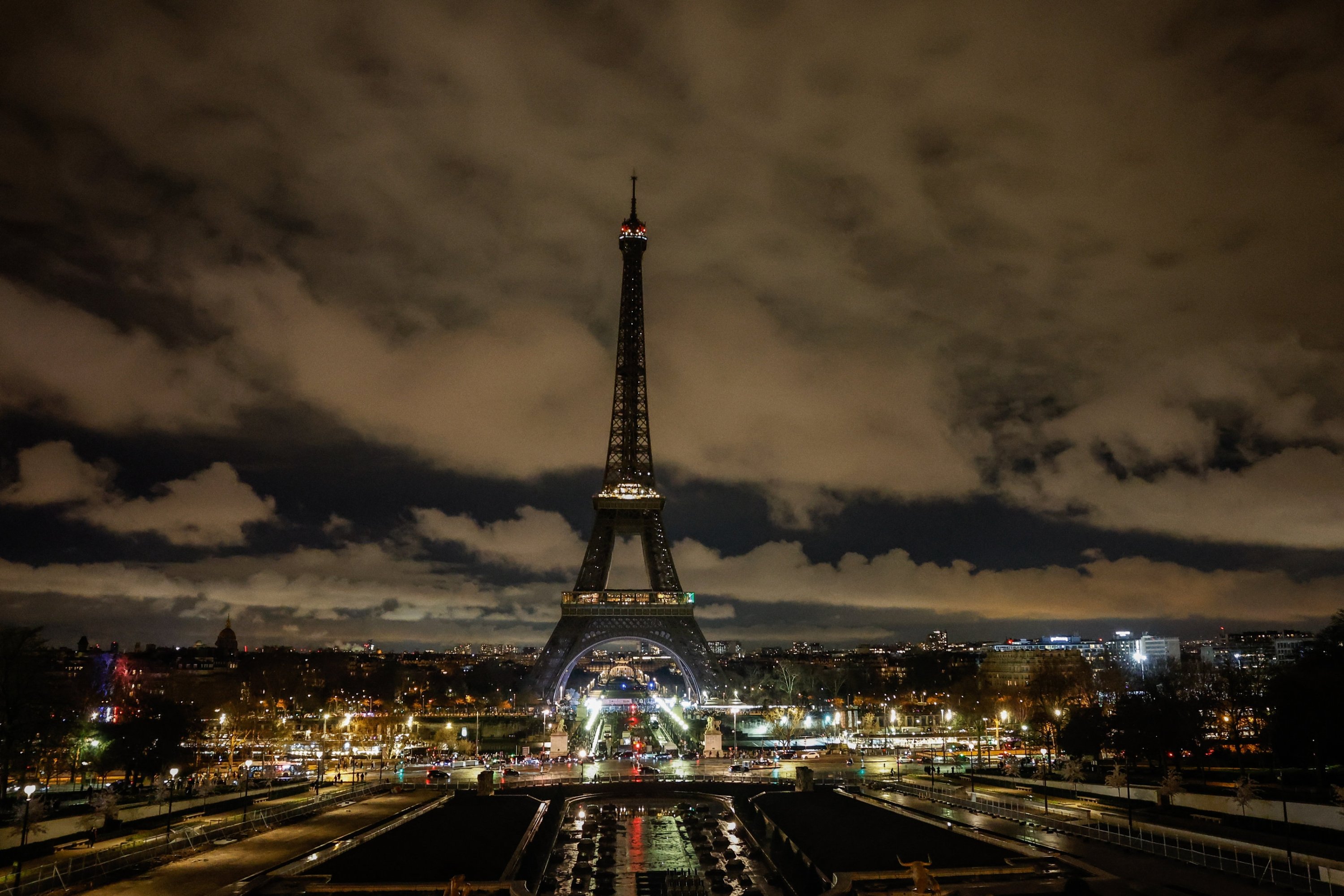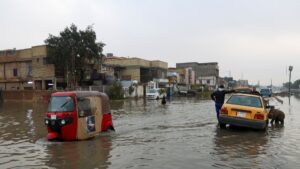Iconic landmarks and city skylines around the world went dark on Saturday as millions joined Earth Hour, a global campaign by environmental group World Wildlife Fund (WWF) calling for urgent action to tackle climate change and halt nature loss.
From Asia to Europe, buildings large and small switched off their lights in a symbolic show of solidarity for the planet.
The rolling blackout began in New Zealand, where Auckland’s Sky Tower and Harbour Bridge, along with Wellington’s parliament buildings, were plunged into darkness at 8:30 p.m. Monuments and buildings across the country joined in to mark the start of the worldwide event.
As Earth Hour moved west, other landmarks followed – including the Sydney Opera House, Singapore’s Gardens by the Bay, Bangkok’s Wat Arun temple, Berlin’s Brandenburg Gate, Rome’s Colosseum and the London Eye, followed by the Christ the Redeemer statue in Rio de Janeiro and the Empire State Building in New York across the Atlantic.

The Earth Hour campaign, which began in Australia in 2007, has grown into a global movement. To draw attention to the climate crisis, streets, city skylines, and landmarks are now dark.
Supporters are also invited to “give an hour for Earth” by spending 60 minutes doing something positive for the planet – from planting trees to cutting energy use. In 2024, more than 1.5 million hours were pledged worldwide.
“The stakes have never been higher,” said WWF International Director General Kirsten Schuijt. “The past year was the hottest on record – capping off the hottest decade with the hottest seas ever recorded. We’ve witnessed historic wildfires, storms and droughts as well.”
“Our world is in peril, and we are rapidly approaching dangerous climate tipping points beyond which key ecosystems may never recover,” she said.




















































Be First to Comment